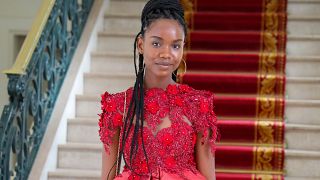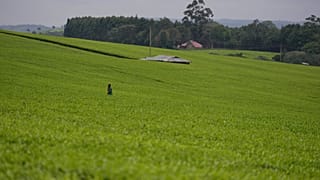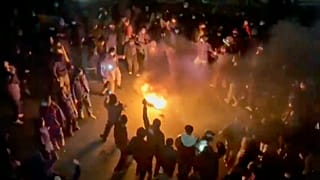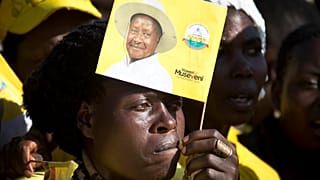Joseph Kabila
This week has seen fast-moving political developments in Kinshasa, capital of the Democratic Republic of Congo.
Prime minister Sylvestre Ilunga lost a no confidence vote in parliament, and subsequently resigned on Friday.
Analysts have said that the dismissal of Ilunga means that President Felix Tshisekedi has effectively cut any political links he had left with former leader Joseph Kabila's Common Front for Congo (FCC) party.
"His removal from office confirms above all the reversal of the balance of power that has been observed for several months now between former President Joseph Kabila and the new Felix Tshisekedi", said Trésor Kibangula, an analyst at the Congo Study Group.
Tshisekedi, who entered the alliance at his controversial election in late 2018, has accused allies of Kabila of seeking to undermine his rule. He says they have severally frustrated his reform program.
Tshisekedi ended the coalition deal with the FCC last December.
He looks determined to emerge from Kabila's shadow and assert himself in Kinshasa.
Our journalist Ruth Lago interviewed Trésor Kibangula, an analyst at the Congo Study Group for his thoughts on what to read from the events of the last five days in the Congolese capital.











Go to video
South Africa urges effective ceasefire and inclusive dialogue to end DRC conflict
Go to video
Shelters in Burundi overwhelmed as 80,000 flee escalating violence in South Kivu
01:12
Opposition in DRC raises alarm over arrest of former presidential candidate Shadary
01:00
Chaos erupts in Mexico City’s Congress during transparency reform debate
01:00
M23 rebels withdraw from Uvira in DRC peace move
Go to video
From Kinshasa to Bujumbura: How the M23 crisis risks engulfing the region